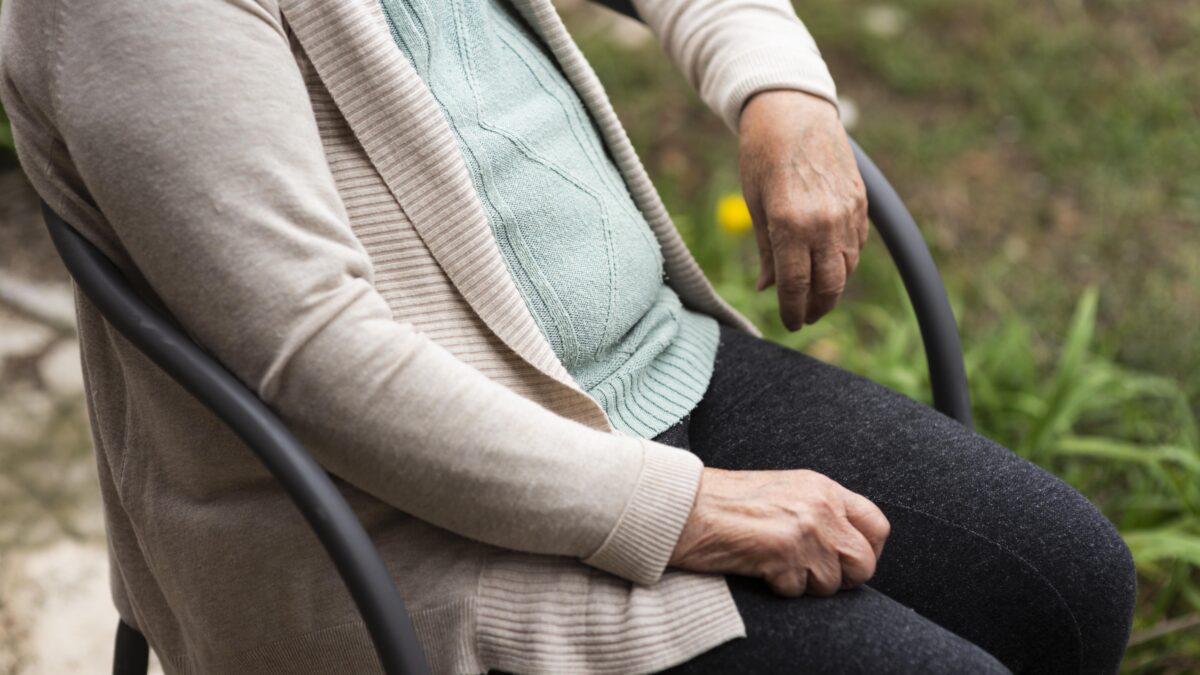- Immediate contact :
- +1-323-988-5889
- info@rehabgloves.com
Hand Rehabilitation following Subdural Hematoma
February 10, 2022
Rehabilitation for Base of Thumb (CMCJ) Arthritis
April 24, 2022Hand Rehabilitation for Hemiparesis
Hemiparesis, or unilateral paresis, is the weakness of one entire side of the body (Hemi- means “half”). Hemiplegia is, in its most severe form, complete paralysis of half of the body. Hemiparesis and hemiplegia can be caused by different medical conditions, including congenital causes, trauma, tumors, or stroke.
Physiotherapy is perceived as the first and most effective kind of treatment for such a disease.
Working with a physiotherapist allows people with hemiplegia to improve their balance, strength, and coordination.
Several physiotherapy techniques and aid devices are being constantly employed not only by physiotherapists but even by patients themselves for rehabilitation purposes.
The Portable Rehabilitation Robotic Gloves: SIFREHAB-1.0 is one of these devices.
These robotic gloves are meant to help patients who are not able to attend physical therapy sessions at the hospital to do their own rehabilitative training safely and independently. As such, they can achieve quick recovery from stroke-caused paralysis like Hemiparesis.
The SIFREHAB-1.0 is also characterized by another advanced and very helpful feature which is the Mirror therapy training it provides.
In other words, These robot gloves promote the simultaneous movement of both hands. It activates mirror neurons to replicate the normal hand nerve pathways to the affected hand. In this way, the robot gloves are meant to promote autonomic recovery of the brain and subsequently stimulate the affected limb to function as before.
The device is also available in multiple sizes. It even has a child mode suiting different ages with various lengths and widths. This makes the device applicable to anyone suffering from hand dysfunction no matter what the reason was (hand trauma, cerebral palsy, cerebral palsy, plastic surgery caused by stroke (cerebral ischemia, cerebral hemorrhage), hand dysfunction, brain injury, etc).
The device upholds another useful if not crucial option which is the Activities of daily living (ADL) training it provides.
These activities can include everyday tasks such as dressing, self-feeding, bathing, laundry, and/or meal preparation. The SIFREHAB-1.0 will detect weak conscious hand activity then boost it to complete the intended hand movement.
In brief, Hemiparesis is not a non-progressive disorder and doesn’t get worse once it develops. But, with a proper treatment plan that mostly relies on physical therapy, it’s possible to improve the symptoms of hemiplegia. Undergoing excessive and continuous rehabilitation activities using the SIFREHAB-1.0 robotic gloves should help fasten the recovery process.
Reference: Hemiplegia: Causes and Treatments for Partial Paralysis


